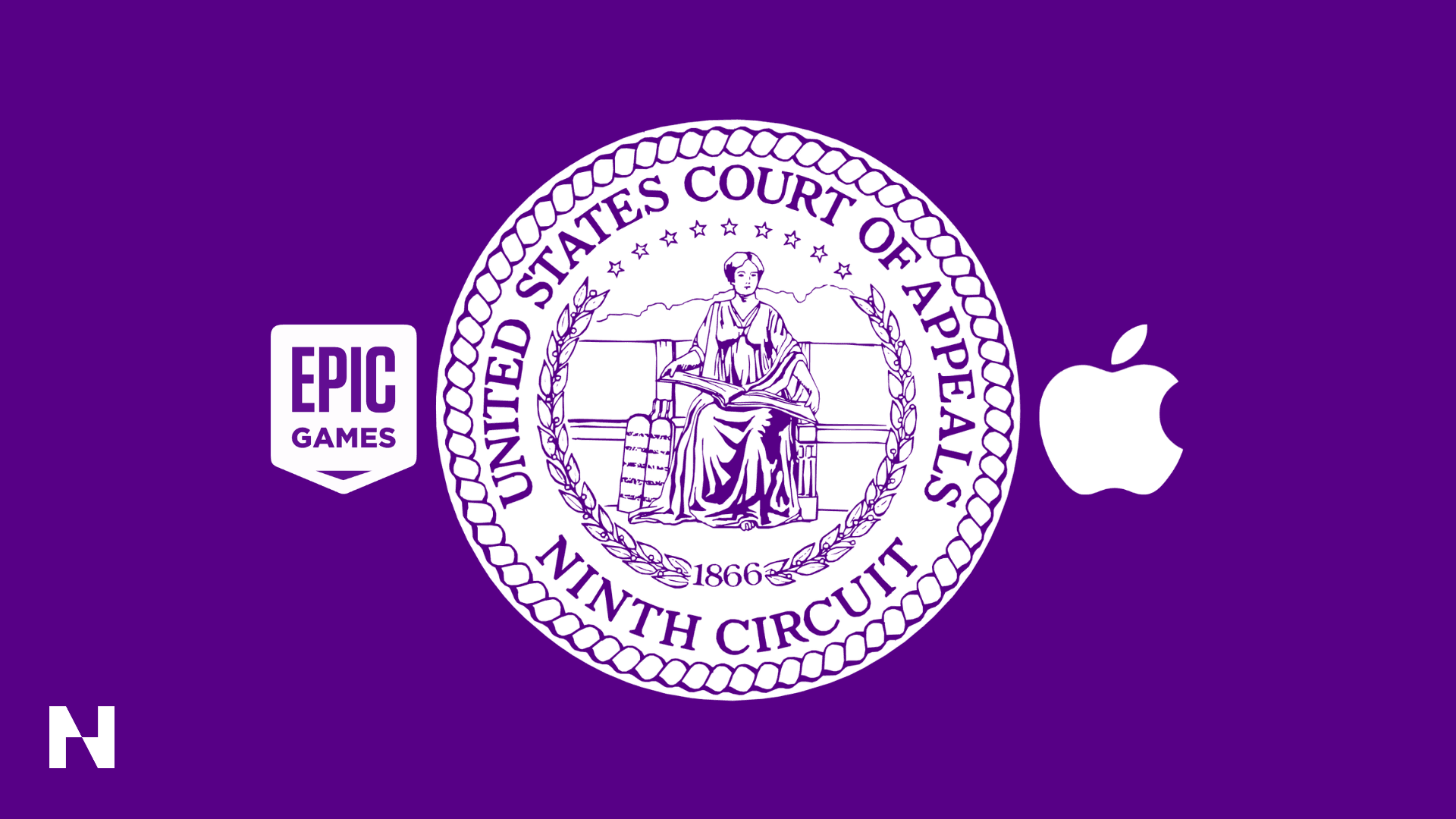The proposed Epic v. Google settlement has raised a lot of eyebrows and even more questions. Here's a few answers.
After months of waiting, Google has largely conceded in the lawsuit brought by Epic Games back in 2020, which centered around the exorbitant 30% app store fees, locked alternate payment options, and the general blockers faced by third-party app stores on Android. Now, in order to reconcile the jury findings to actionable changes, Epic and Google have submitted a proposed settlement to the court.
But a lot of people are wondering what it actually means.
Given that new information keeps filtering out, those answers keep evolving. Bad News first, we're not at a final answer quite yet. But here's what we know as of right now... and unfortunately, it's not all good news, either.
So, what is it?

The main thing to understand is that this is a proposed settlement. Meaning it's a mutual agreement between Epic and Google, but the presiding judge needs to approve their settlement before they can start implementing any new plans in it. So far, U.S. District Judge James Donato has expressed more than a little skepticism about it.
"My concern here is that these proposed modifications… [are] not providing an adequate remedy for Google's wrongdoing."
Essentially, Judge Donato issued a permanent injunction in Epic's favor in October 2024, and on October 29, 2025 – roughly a year later – the stays and appeals ran out. Google announced a few immediate policy changes to put themselves in compliance:
Allow developers to offer and promote alternative purchasing methods and payment methods besides Google Play Billing, and to communicate those alternatives directly to players.
Stop revenue-sharing and exclusivity agreements with phone manufacturers, carriers, or developers that restricted the distribution of rival stores or apps.
End rules that required apps to launch first or only on Google Play.
Allow competing stores to be preinstalled or placed on devices without interference from Google. This has a court-mandated deadline of July 2026.
The proposed settlement cements those policy changes and provides additional details on how Google wants to implement them.
And the devil is in those details.
The new fees schedule.

The big headline is a new fee schedule that Google wants to implement under its deal with Epic. It breaks down like this:
A 9% service fee on items that do not materially affect or advance gameplay, like cosmetic skins.
OR
A 20% service fee on items that do materially affect or advance gameplay, like in-game currencies, items and power-ups, or new characters.
PLUS
An additional 5% billing fee on any purchase made with Google Play Billing.
Under this agreement, Play Store fees could potentially run anywhere from 9% to 25%. Which doesn't sound too much better than the current 30% fee (and significantly worse than what a certain payments solution would offer), but there's another factor in play.
That "service fee" terminology is a very specific choice. Wording in the proposal allows Google to assess a service fee on ANY transaction made on a linked website within 24 hours of an in-app clickthrough. So any purchase made through a click on the app, on any webshop, platform, or surface, would be subject to the category-appropriate fee as solely determined by Google.
Whether that will go through is an open question, particularly if the ruling in Epic v. Apple is treated a precedent. In that decision, Judge Yvonne Rodgers expressly forbade Apple from "imposing any commission or any fee on purchases that consumers make outside of an app."

But just in case, if your team has the opportunity to deploy Direct Checkout on Android or directly steer players from in-game purchases to your webshops, it might be a good idea to do that right now and capture as much extra revenue as possible while you still can. Because if the court approves this agreement, Direct Checkout and direct links to webshops will be cost-prohibitive through at least 2032.
So what happens now?

Unfortunately, more waiting.
Unless and until the court approves the proposed settlement, Google and Epic must continue operating under the October 2024 injunction and the new Google Play policies published on October 29, 2025. Judge Donato has scheduled a hearing for December 11, 2025 [UPDATE (12/5/25): pushed back to January 22, 2026], and again, to put it mildly, his remarks from the bench have not been favorable.
"Google has had yet another year of harvesting its ill-gotten gains from the predatory and anticompetitive conduct determined by a jury."
Over the next few weeks, both sides will submit supporting declarations and responses to any objections from state attorneys general, the DOJ, or other third parties. The court might also ask for supplemental briefings to clarify how the settlement affects the prior injunction and state-level cases, like Utah v. Google.
If the court approves the settlement, Google is free to implement the new system. If the court rejects or modifies the proposal, the October 2024 injunction remains in force, and the disputed compliance process would resume.
So for now, nothing changes. The existing Play Store rules and open payment linking policy continue to apply. The existing 30% Play Store fees are still in effect. The direct-purchase alternates are still far more revenue-effective for developers.
And as always, we move forward.
UPDATE (12/5/25): Judge Donato's hearing on the settlement was pushed back to January 22, 2026. This isn't reflected on his official docket yet, as that's only been published through January 15, but we confirmed the new schedule with the Court Clerk's office. This Google filing to the Supreme Court asking them to pause their petition while the settlement is processed confirms the same Jan. 22nd date.







